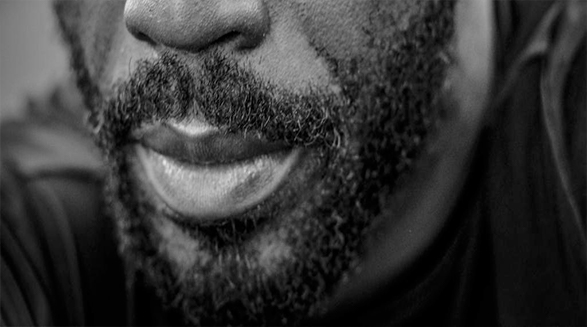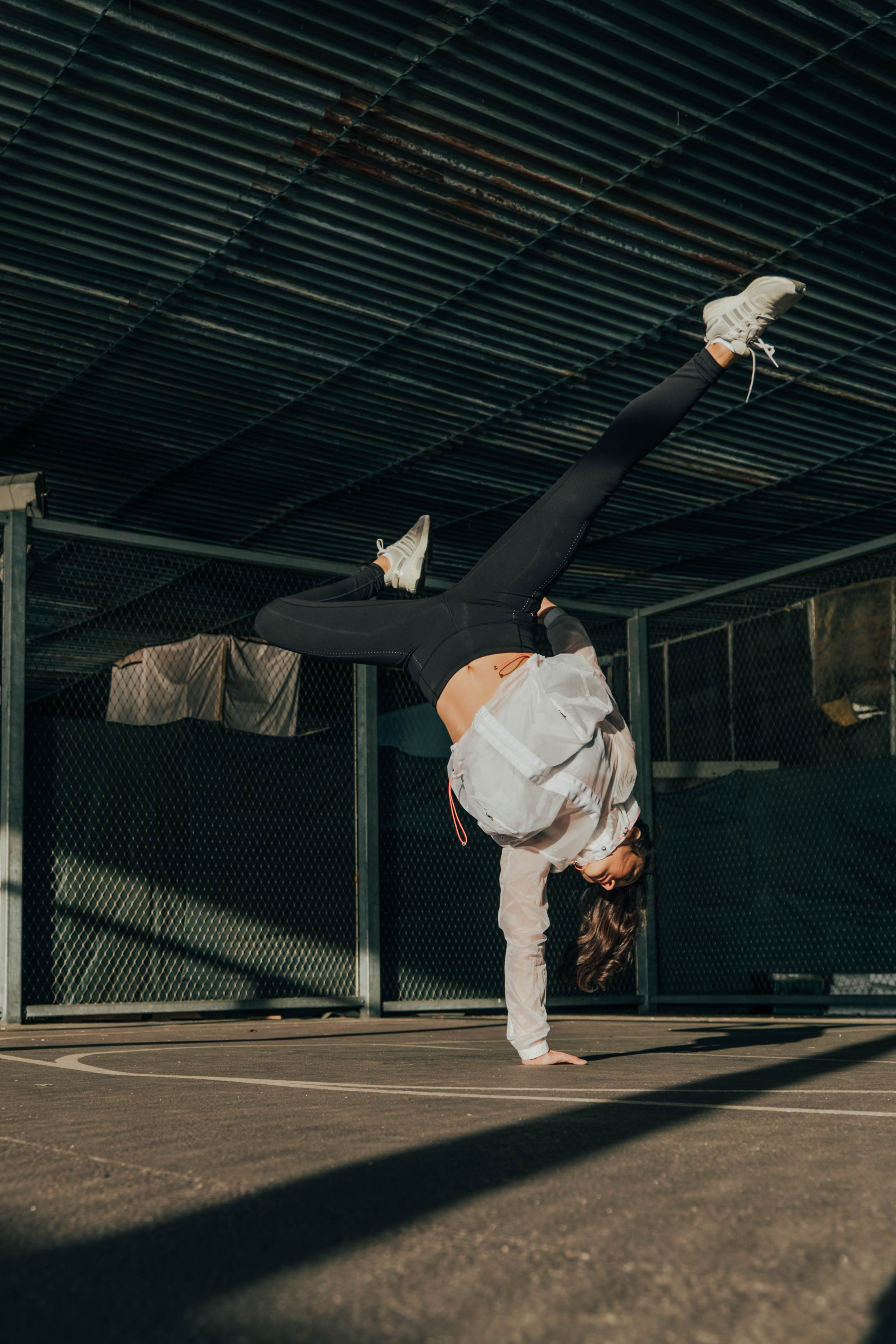Jamel on his experience as a gay, black man
As a homosexual man of British-Caribbean decent, I have struggled my entire life to satisfy the expectations of the black community, while still staying true to my gay self.
Growing up I often questioned my sexuality; although I recognised and accepted my attraction to men, I knew from a young age, that there would come a time when my parents would discover I was gay, and that this would be a significant and extremely difficult moment in my life.
What I knew of gay culture, growing up, came from homosexual characters featured in British television sitcoms. Most were depicted as overtly feminine, white males and I just couldn’t relate to these personas. I remember my parents once saying that they liked ‘gay, white men’, (having seen and embraced these token comedic characters on tv) but ‘felt sick’ at the idea of a gay, black man.
I had nothing in common with the gay men represented in mainstream media. Not only was I not white, I also didn’t possess the effeminate and ‘camp’ mannerisms that the men on these shows displayed, and were so loved for. Any feminine qualities I once possessed, I had been taught to hide. I think that black men especially, have always felt the need to act manly, dominant and sometimes even, aggressive. Maybe this is down to a long history of mistreatment and repression; maybe we feel there is a need to assert our strength and authority in a world that has constantly tried to pit us as unequal. However, this mentality directly opposes the general stereotype of homosexuals, as people who embrace their femininity. As a black, gay man I suffered an identity crisis.
I searched for a gay role model that looked and acted similar to myself, but had no luck finding one. I struggled to find relatable personas within the Caribbean culture too. Hearing the words ‘chi-chi man’ or ‘batty man’ in Jamaican reggae or hip hop songs, or hearing people use the word ‘gay’ as an insult or put-down, made me shy away from my sexuality even further. In attempt to fit in with my classmates, I would openly sing along with these songs and call things/people gay in a derogatory manner.
This convoluted self-identity started to have its implications. I found it hard to externally live up to the ‘black man’ stereotype, while internally wanting to embrace my homosexuality. This affected my ability to make meaningful friendships and find my niche within the gay community. As I got older I started to feel isolated, and found that I could not build social circles like my counterparts could. I also started to develop interests that could be associated with being gay (I loved Britney Spears for example) and I couldn’t share this side of my personality with my straight friends.
The more I rejected my true self, the more I became an outsider. My straight, black friends started to think I was ‘uncool’ – they dubbed me ‘Mr Nice Guy’ or ‘The Friendly Giant’ (nicknames insinuating weakness), because I could talk the talk (although it wasn’t genuine), but I couldn’t walk the walk. I was living a lie, and people were becoming suspicious.
Every year, the students in our class would change, and it was a new opportunity for me to meet other pupils. I remember thinking of ways in which I could ‘reinvent’ myself, and make myself ‘cool’. This basically involved me pretending to be someone I wasn’t. To start with, this facade drew people in, but long-term I couldn’t keep up the act – I didn’t like girls, football or any of the other things your average, straight teenager would. I wasn’t convincing myself or anyone else. Eventually this would lead to people teasing me, but it never escalated further than that. I would never claim that I was bullied; I had a quite a big frame and I think people were intimated by my size. Still, it was a very lonely time for me.
As I slowly came to terms with my sexuality, I started going to gay bars and clubs. I found most men at these venues were openly gay, proud and, 95% white. I have always admired gay men who are confident in themselves. I definitely find a lot of black men, like myself, to be more reserved about their sexuality, in comparison to gay, white males. I question where this confidence stems from: Does it come from within? From family support? Or from the media? The media openly embraces white homosexuals and their lifestyles unlike homosexuality in the black community. I wonder as a young boy, if I would have seen a black, gay man on screen that I could relate to, if this would have led me down a path of acceptance, rather than rejecting my true self.
I’ve also found that some white men refuse to date black men, but will sleep with them if they satisfy the aforementioned ‘masculine’ stereotypes. Strangely, I also bought into this stereotype of what a black man ‘should be’. Although I am gay, and I was practicing gay sex, I felt because I wasn’t a ‘bottom’ or in a submissive position, I still fulfilled the ‘black man agenda’. It sounds ridiculous, but because I longed to have a network and support system I played up to this. I was tired of being an outsider and I craved validation. In a way, I even felt proud of myself because I was finally seeking approval from other gay men, rather than trying to fool people into believing I was straight.
Black, gay men shouldn’t feel the need to conform to these archaic stereotypes. No one should have to act in a way that is unnatural – regardless of race or sexuality. We need to stop pigeonholing – not all gay men are effeminate, not all black men are masculine. Men shouldn’t feel any less ‘manly’ for being gay, or acting in ways that are not traditionally ‘masculine’, and gay men shouldn’t feel any less part of the LGBT+ community if they do not fit the effeminate gay stereotype. It’s about time we ditched these preconceived ideas of what people should look, or act like. There are no rules.
Written by Jamel













